
Living for Change is a weekly newsletter that provides the perspective and activities of the Boggs Center and related organizations. Thinking for Ourselves is a weekly column exploring issues in Detroit and around the Country. The column was originally published in the Michigan Citizen.

Ideas matter
I have spent much of my life in universities. It did not surprise me that their leadership quickly caved in to the demands of fascism. I am well aware of the weaknesses of these institutions. But I am also well aware of their strengths. Fascists do not attack educational institutions because they are weak. They attack them because they fear their strength. That is why the emerging resistance to these assaults is important.

Beyond protections
In the chainsaw version of change brought to us by the forces of fascism, it is difficult to get beyond the noise of destruction. But the global shifts that are feeding this frenzy require careful consideration. The chaos and anxiety provoked by the Trump tariff follies obscure important questions for us to consider. Especially as resistance to Trump grows, those of us committed to a better world need to think beyond protecting what is being destroyed. Much of it, like the institutions of the global economic order, are the source of the most difficult problems we face.

Not invisible
Fascism is not an abstraction. It invades our most intimate moments. It becomes real not only through the policies of faceless bureaucrats but through the actions of people we know. Fascism depends on disrupting normal relationships to induce fear. That is part of its power. But that is also its vulnerability.
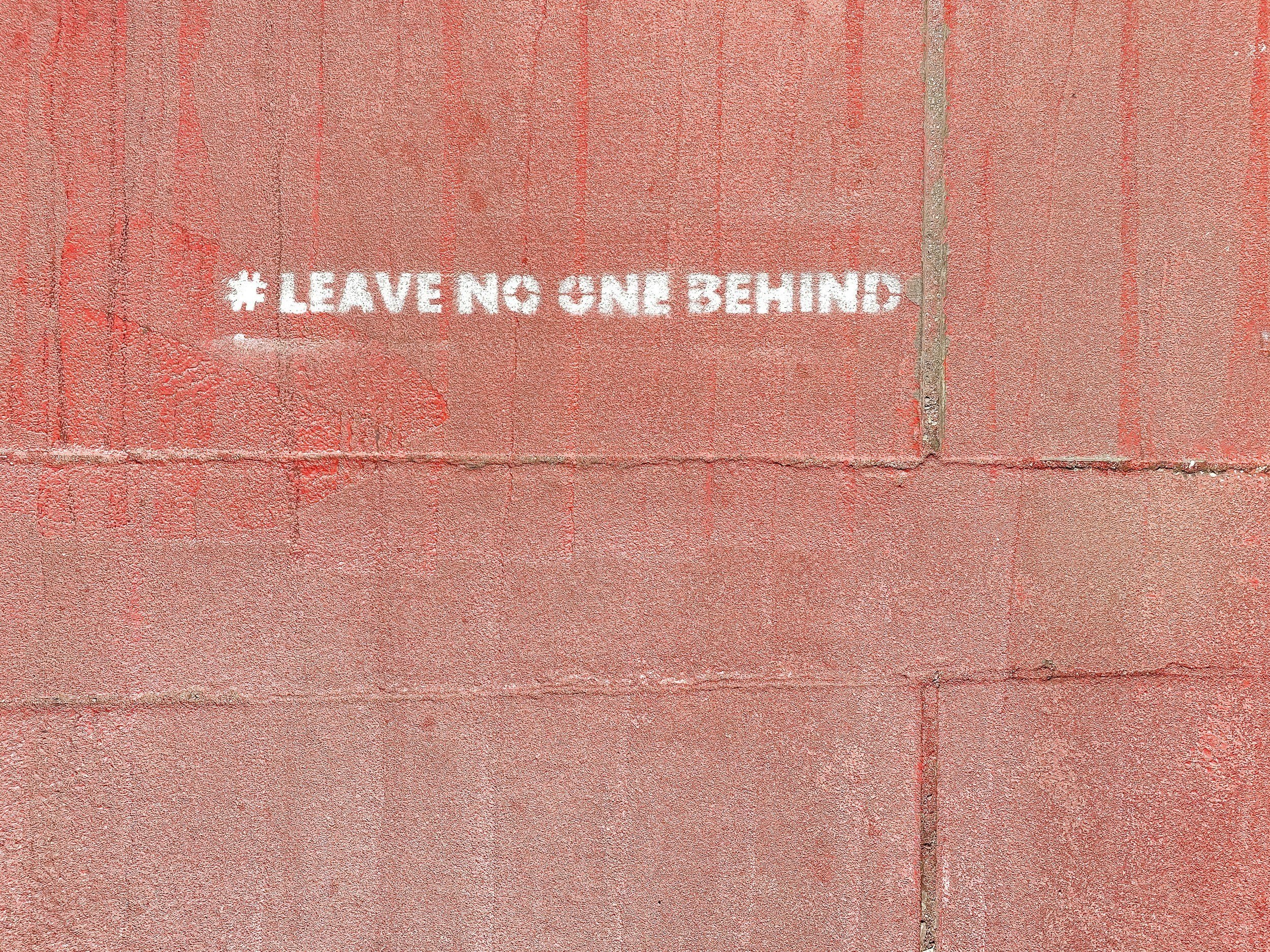
Human Rights
Over the last two weeks we have seen cruelty directed at some of the most vulnerable people in our communities. Somewhere in the future people will look back at the pictures of men shackled in chain gangs, doubled over with heads shaved, and rank it with those of the early days of the holocaust, where elder Jewish men and women were forced to clean streets, while being publicly humiliated. Such images capture the depravity of power, the powerlessness of onlookers. They are the early warning signs of brutalities to come.
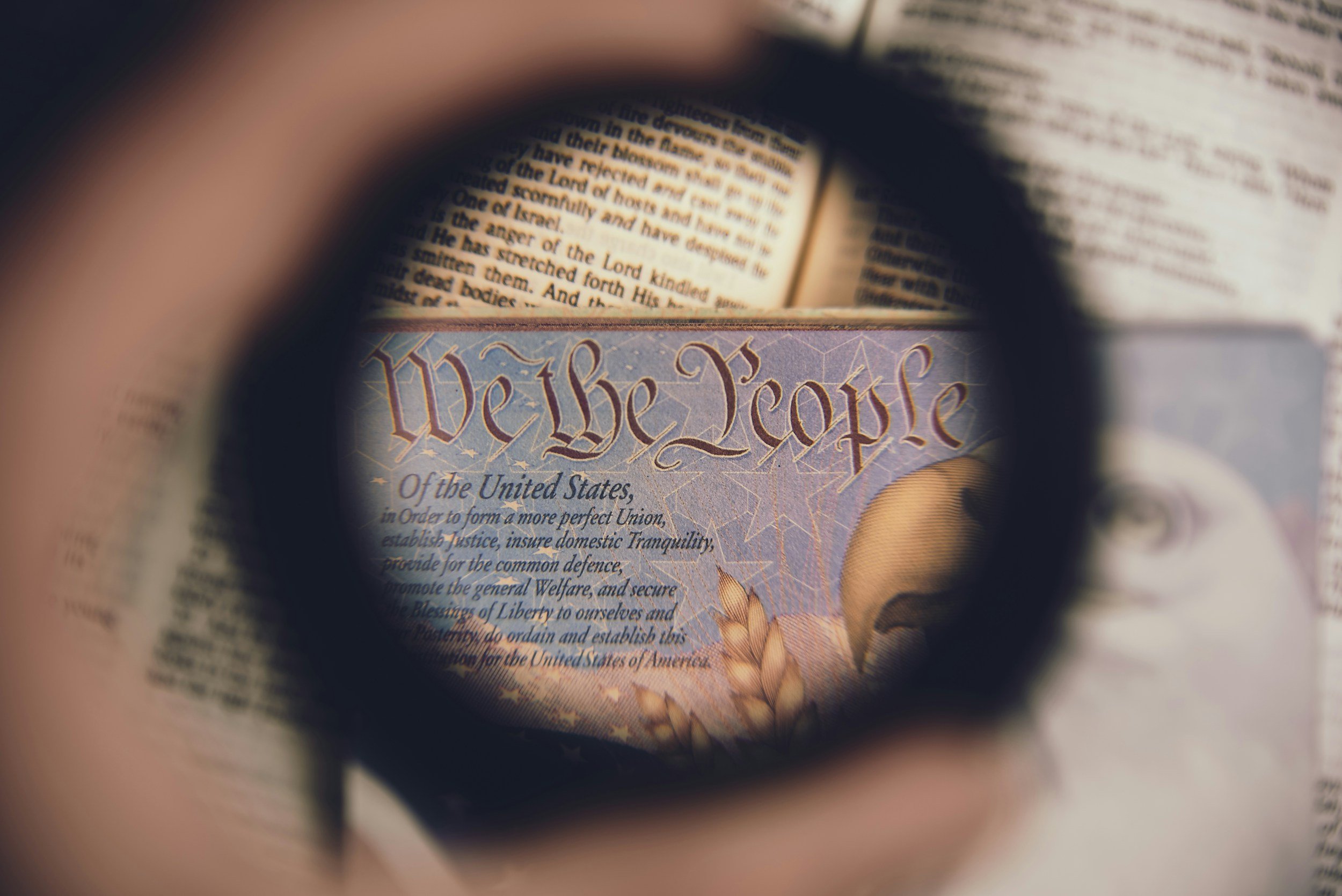
Right and Duty
Commentators are debating whether or not the US is in a constitutional crisis. Certainly, the actions of the Trump administration have moved us toward a confrontation between the executive and judicial branches of government. Court after court is finding the actions of Trump and Elon Musk to be “illegal.” Yet the power of the courts is unclear when those with executive authority refuse to comply.
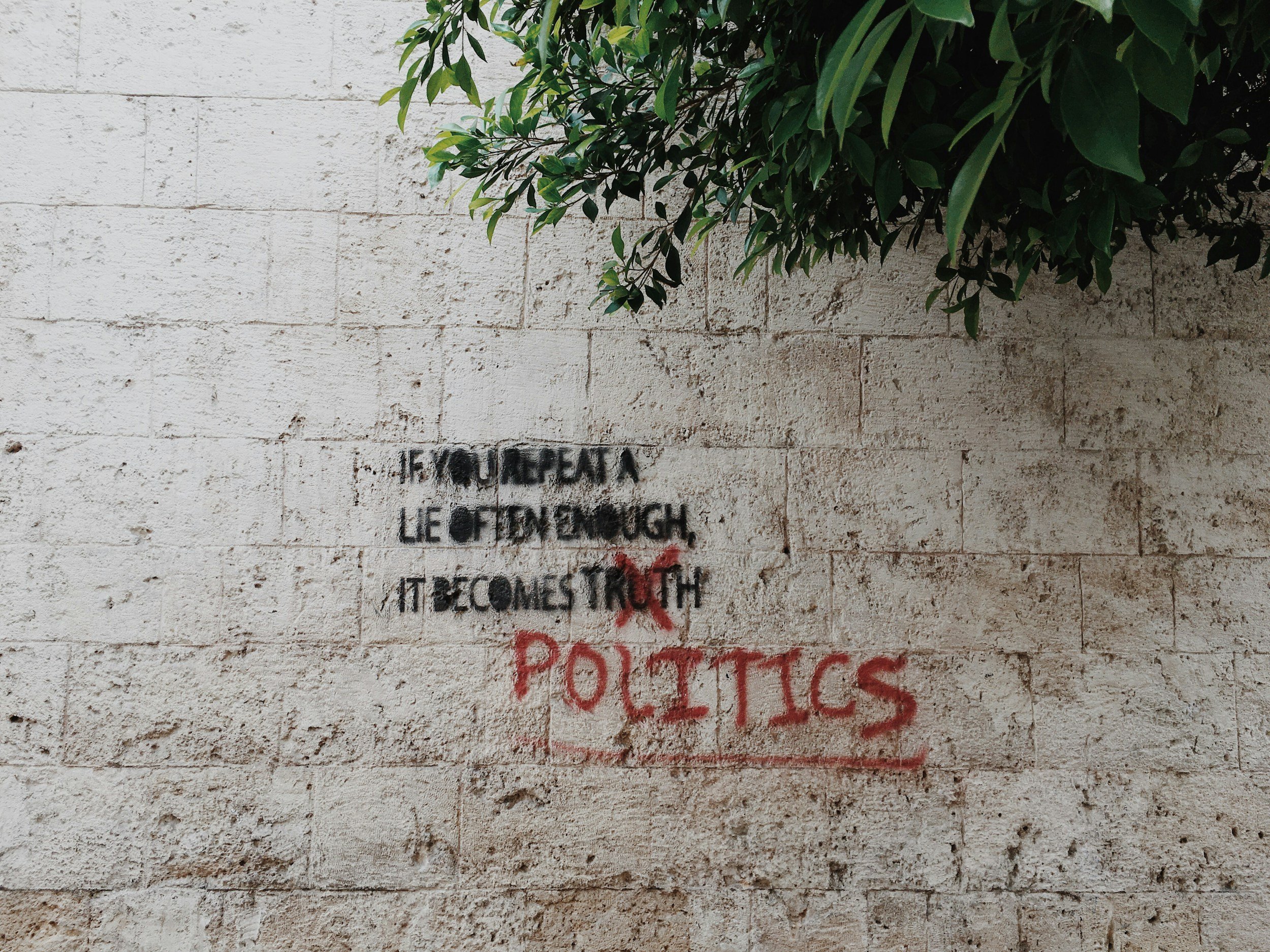
Greater truths
Under fascism truth and lies have a complicated relationship. Small lies about specific facts are not as important as the larger truths essential to establish and maintain a fascist regime.
In his discussion of Hitler, Mussolini and Goebbels, historian Federico Finchelstein observes:

New reality
Understanding this moment as a period of emerging fascism enables us to look at historical, systemic trends, rather than focusing on the personality characteristics of individuals. Trump’s outsized capacity for cruelty and his perpetual lying can seduce us into thinking that he is the problem, rather than a symptom of much deeper structural shifts.

NO CONSENT
Somewhere on East Jefferson Avenue, there is the ghost of a sign. In uneven, narrow script the words “NO CONSENT” once stood out boldly, red on a low gray wall. The letters have long faded. But their spirit remains to guide us.
The declaration embodied the resistance to the drive toward Detroit bankruptcy. As much loved activist and City Council member JoAnn Watson often reminded us: Detroit did not file for bankruptcy. An unelected, illegitimate, anti-democratic emergency manager did. It was all a ruse to shift public wealth to private hands. It was a practice case for what is now happening on a national scale.

Resistance and beyond
Our ability to construct a better future depends on naming this moment with as much care as possible. We are in the midst of a fundamental, global transformation marked by ecological collapse and grotesque inequalities of wealth and power. Systems that defined daily life and gave it meaning are collapsing, incapable of responding to the magnitude of the challenges before us.

Declining empire
Relationships around the globe are shifting rapidly. These shifts are not because of Donald Trump. Although his policies are likely to make things worse for everyone, the reality is that the American Empire is declining. All the bluster over tariffs and territorial expansion from Greenland to Gaza will not restore it. The ability of the U.S.A. to dominate others has been diminished by economic and political realities far beyond this current administration. Whatever moral influence we represented was lost long ago. The cruel ending of humanitarian aid is the latest act of a country that has given up all sense of compassion.

Where we are
The chaotic, cruel actions of the Trump administration are designed to obscure the real shifts taking place in our country. It should be obvious that Trump, with the aid of Elon Musk, has staged a coup, rendering the congress, courts, and constitution meaningless. In the pursuit of “government efficiency” the necessary functions of collective life are being destroyed.
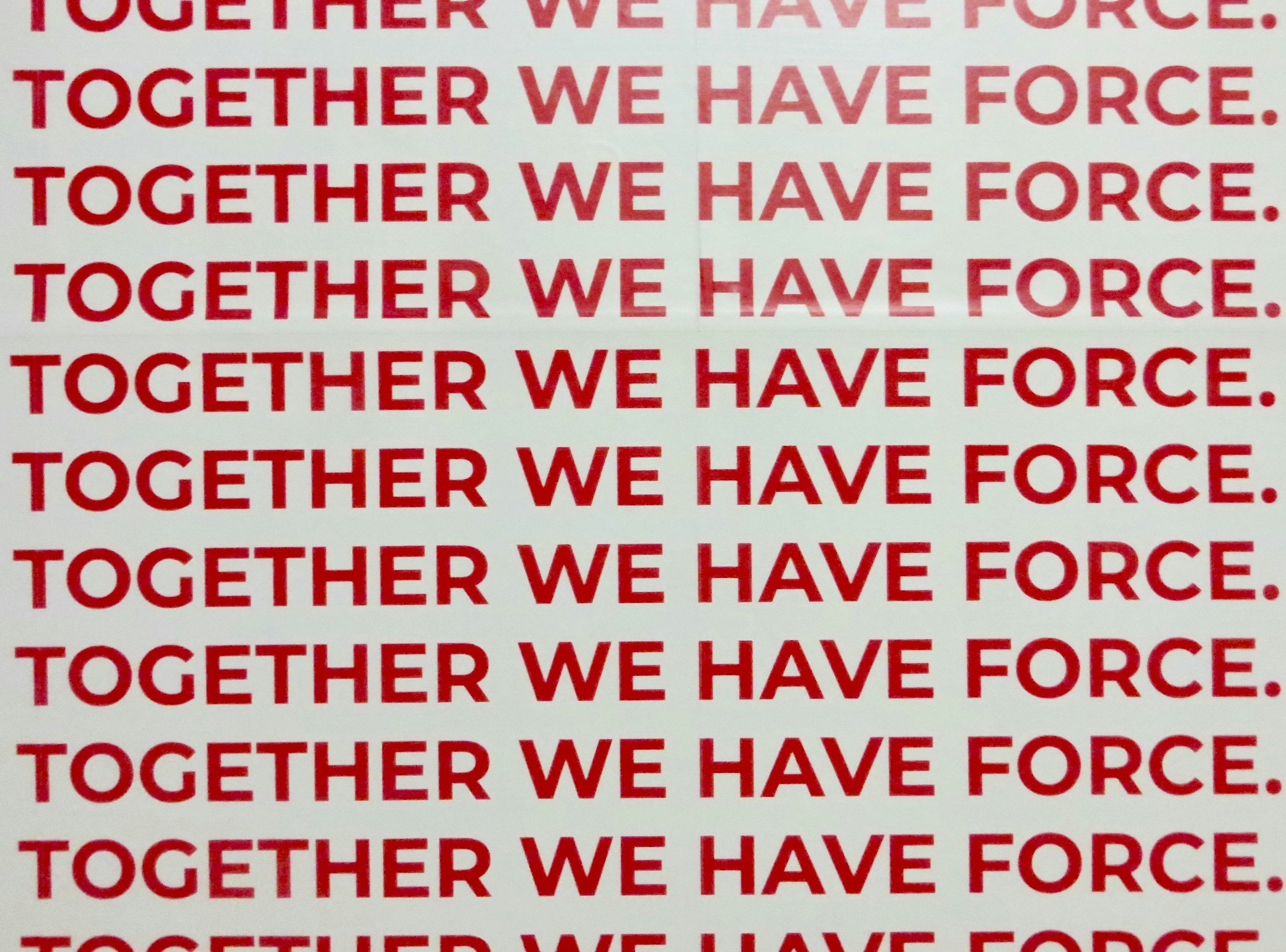
How we respond
People across the country are responding to the attack on immigrants. Faced with a militarized assault on our communities, people are demonstrating a courage rooted in compassion. They are refusing to cooperate with federal officials, drawing upon constitutional protections, faith, and local support.

Sanctuary response
I am grateful to writer/activist Rebecca Solnit for her thoughtful discussion “The way we get through this is together.” Held on Martin Luther King Day, the conversation with Liz Ogbu, Akaya Windwood, Bill McKibben, Charlie Jane Anders, and Anand Giridharadas offers ways to “celebrate community and cultivate a pathway for hope in these dark times.” It is a rich, thoughtful discussion, reflecting expansive experiences by people deeply engaged in efforts to create a just and peaceful world.
As the first week of Trump’s presidency unfolds, I have been thinking about key ideas they explored. One that I have found helpful is to consider the distinction between reaction and response.

Cruelty, courage and love
The joy in Gaza at the announcement of a cease fire agreement has dominated the news. Announced on January 15th, the 96th birthday of Martin Luther King, the Biden administration said a cease fire would begin Sunday, January 19. Immediately people danced, hugged, sang, cried, and cheered at the possibilities of peace. It was an outpouring of relief at the end of a nightmare.
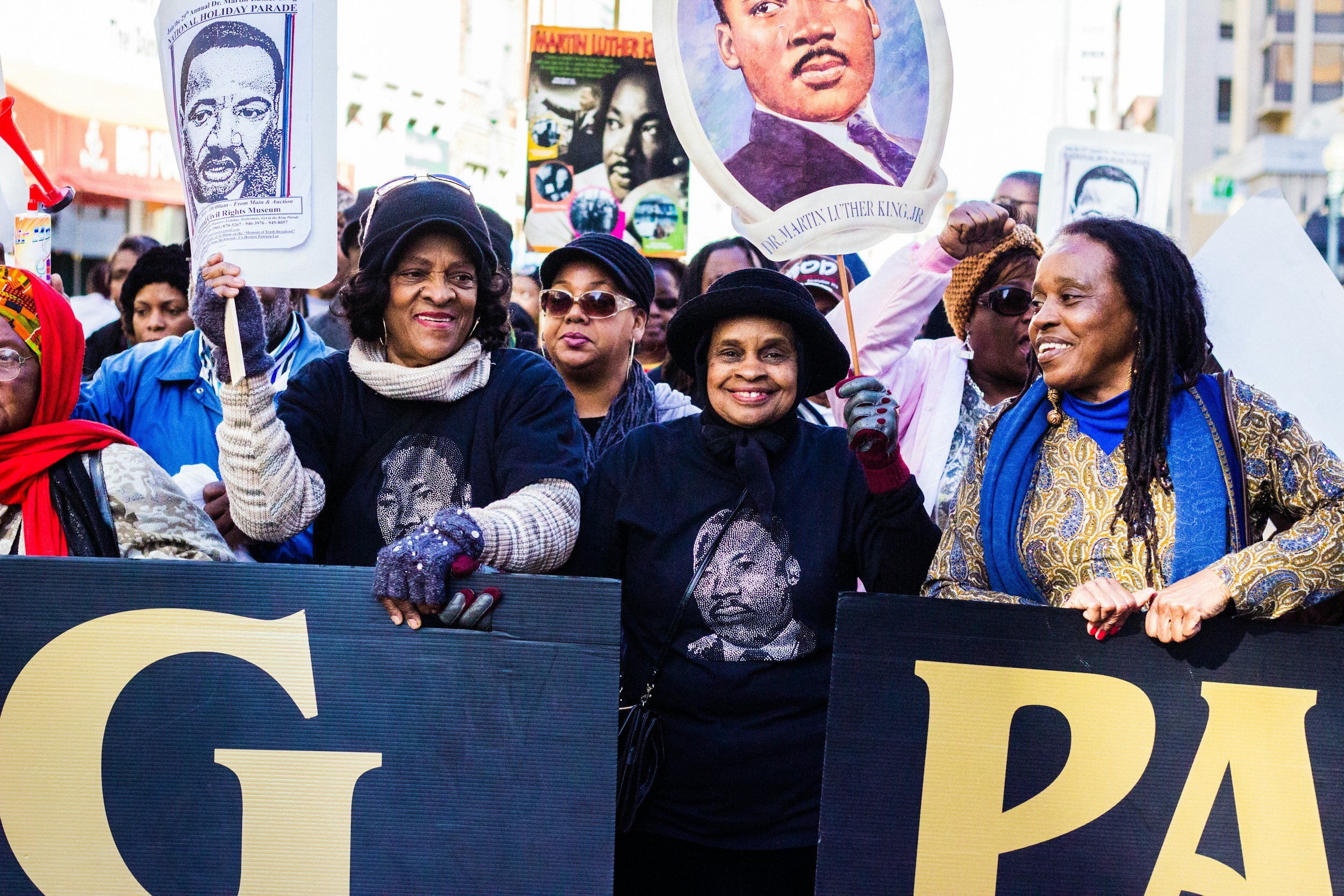
Season of struggles
Across the country people gather at the end of January for a celebration of the life of Martin Luther King, Jr. It is a time when we remember the people who struggled for a vision of America rooted in compassion, love, justice and peace. This year Detroiters organized to 22nd annual commemoration under the banner “Six Decades of Mass Movements: The Struggle Continues.” Emphasizing our city’s long history in efforts for a just and peaceful world, the celebration is held at the Historic St. Mathew’s-St. Joseph’s Episcopal Church, a home of the Underground Railroad in the 19th Century, a critical site in the Northern Highschool Student Strike in the 20th Century, and an important place for organizing in the 21st Century as we face continued assaults on the lives of people. This year, the national celebration is also the day we will witness the inauguration of Donald Trump as the President of the United States.

In the new year
The turning of the year is an opportunity for reflection. This past year has held little joy. It has been a year of extraordinary cruelty and destruction. It closed with the election of Donald Trump and the new year will open with his inauguration. Collective, creative solutions to the accelerating crises we face seem far away. We know there will be more suffering in this coming year. We know that values we cherish are not only ridiculed but criminalized.

Intensifying contradictions
For most of my life, Syria has been dominated by the brutality of the Assad regime. Hafez al-Assad came to power in 1971, ruling with an iron fist. In 2000 he handed power over to his son, Bashar al-Assad. For a brief moment the younger Assad offered some hope for a more open government, but this quickly faded. Since 2011, Assad’s response to the Arab Spring has been especially violent, marked by political repression, imprisonment, torture, and death to those who dared to disagree with him.

A deeper democracy
On December 4th, members of the Boggs Center journeyed to Ann Arbor to meet with students to talk about what we have learned from our movement experiences that might help them navigate the growing fascist atmosphere descending on their campus and campuses around the country.
Among us, we carried more than 60 years of history, including activism sparked by the 1967 rebellion, anti-Vietnam war organizing, the Black Panther Party, and deep engagement with local, visionary organizing work.

Doing better
Separating truth from lies is difficult. It will become even more problematic over the next few years. During the last Trump presidency media outlets tracked the daily lies flowing from the oval office. In four years, reporters documented 30,573 false claims. Today much of that media is in greater disarray. And we have just experienced an election where people voted on a vision of the country that had no basis in fact.
Developing a shared social reality is essential for effective political action. That is why the recent series of articles unpacking the voting behavior of this last election are welcome.

Countering fascism
The horrifying contours of the Trump administration are emerging. Many of us are asking what now? We know we are facing serious questions. How at a time of such crises can we move toward more human and socially responsible ways of being? Resistance is essential. Yet there are larger concerns that we need to face if we are to understand the depth of the changes we must make to create a better world.
